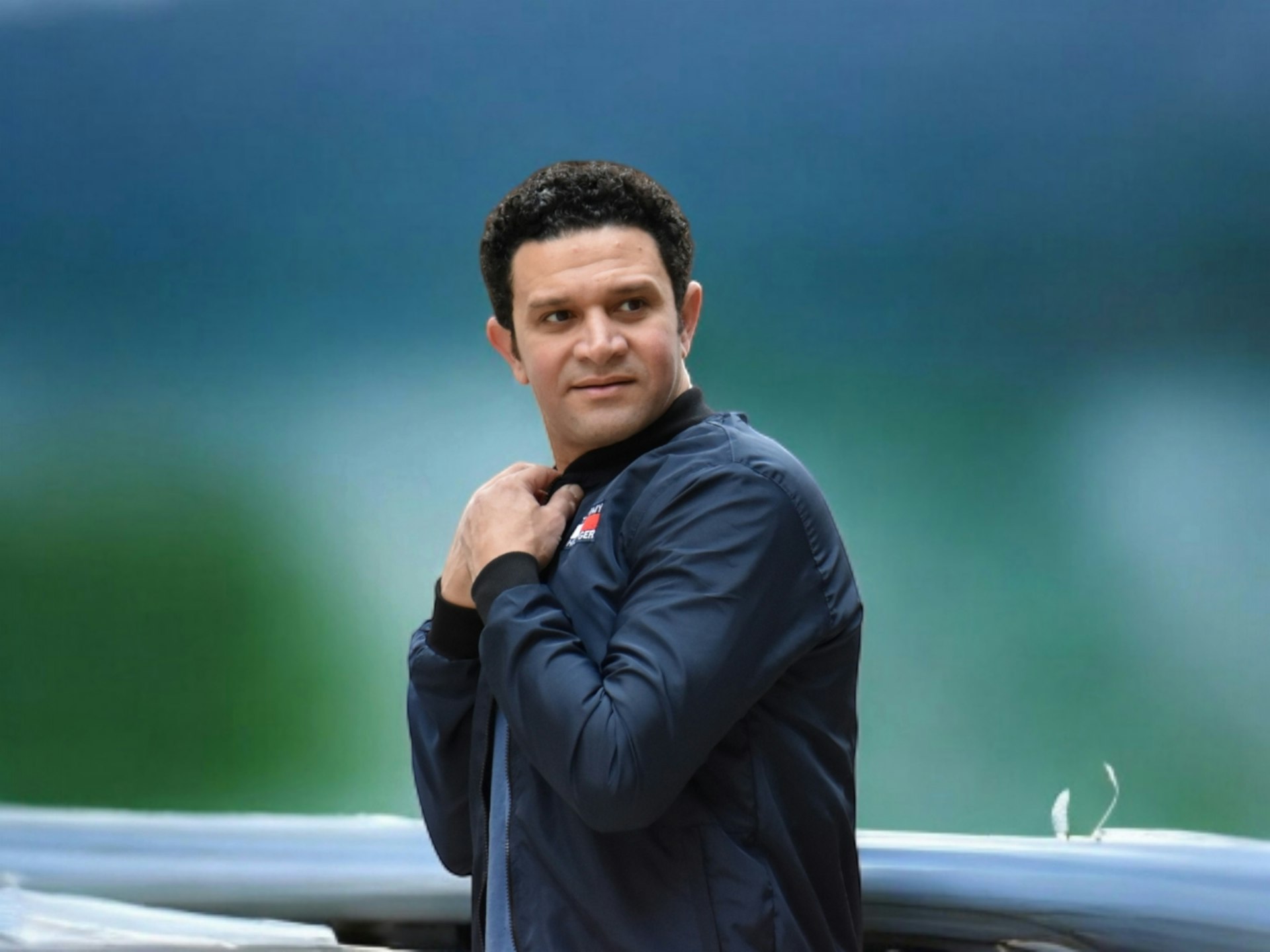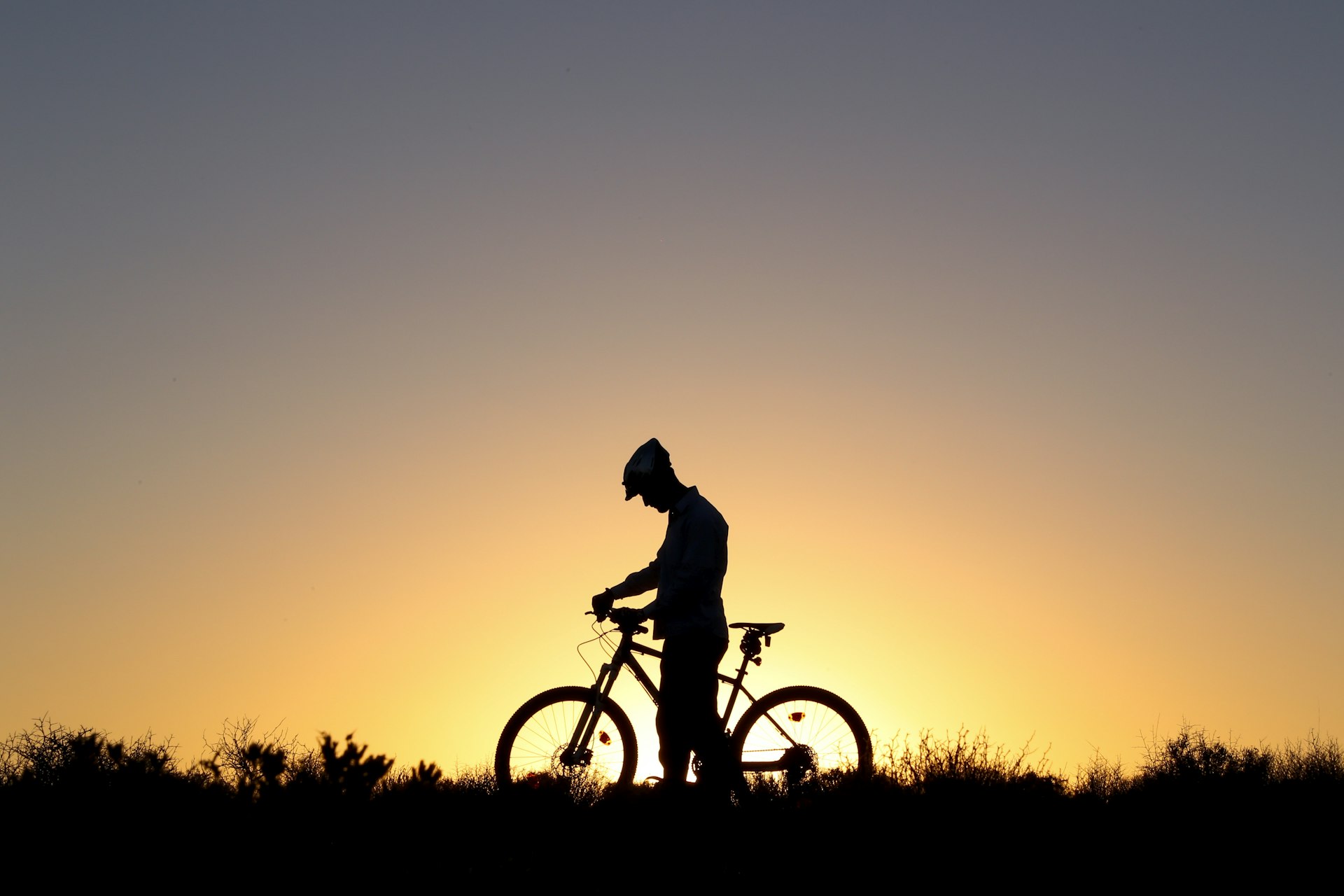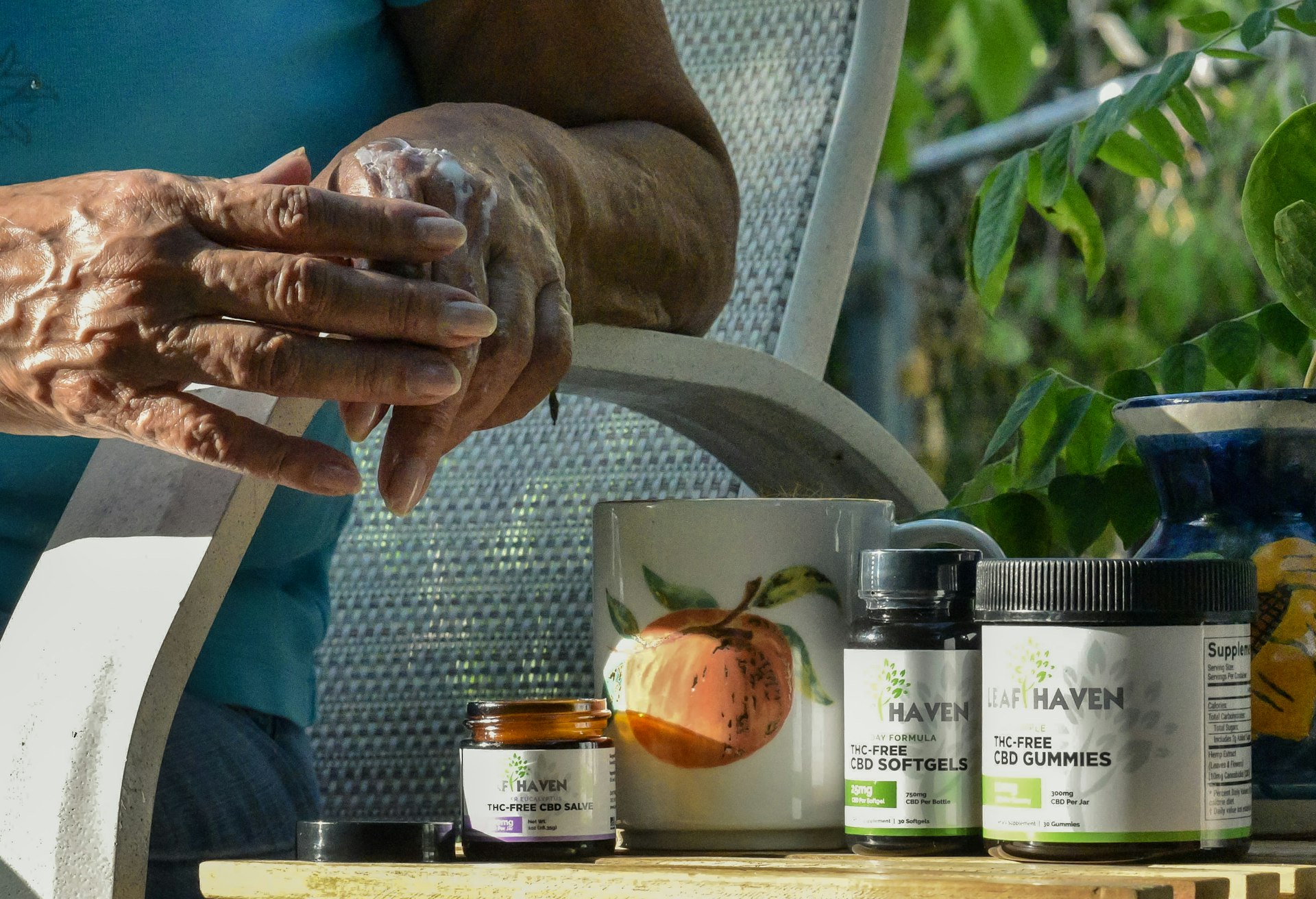Unlocking Wellness: Practical Outdoor Lifestyle Activities for a Healthier You

Photo by Li Yang on Unsplash
Introduction: The Transformative Power of Outdoor Activities
Embracing an outdoor lifestyle is increasingly recommended by health experts and wellness advocates as a practical path to improved well-being. Whether you are seeking better physical health, mental clarity, or enhanced social connections, outdoor activities offer tangible benefits for people of all ages. By understanding the science and learning actionable strategies, you can harness the power of nature to promote wellness in your everyday life.
Physical Health Benefits of Outdoor Activities
Outdoor activities go beyond recreation-they are a cornerstone of holistic wellness. Research demonstrates that regular time spent outdoors can reduce inflammation, lower blood pressure, improve cardiovascular health, and enhance mobility. For example, exposure to sunlight helps the body produce vitamin D, a nutrient vital for bone strength and immune system support. This is particularly important for individuals who spend much of their time indoors, as vitamin D deficiency has been linked to increased risk of fractures and chronic fatigue [1] .
Engaging in movement on natural surfaces, such as walking on trails or grassy areas, challenges your balance and coordination in ways that indoor environments cannot. This fosters core strength and helps reduce the risk of falls, especially among older adults [1] . Furthermore, outdoor exercise has been shown to lower blood pressure, improve circulation, and reduce the risk of heart disease [4] .
Step-by-Step: Incorporating Outdoor Exercise
- Begin with short walks in nearby parks, aiming for at least 10-20 minutes each day. Gradually increase your distance and pace as your fitness improves.
- Try alternative activities such as cycling, hiking, or gentle stretching in green spaces. These activities can be adjusted to suit different fitness levels and ages.
- If you have specific health concerns or physical limitations, consult with your healthcare provider for tailored recommendations.
For those interested in organized outdoor fitness, many local recreation departments and fitness studios offer group classes in parks. You may contact your city’s parks and recreation department or search for “outdoor fitness classes near me” to explore available options.
Mental and Emotional Wellness Through Nature
Spending time outdoors is strongly associated with reduced stress, improved mood, and enhanced emotional resilience. Studies confirm that green spaces can help lower cortisol levels, the hormone responsible for stress, and increase feelings of relaxation and happiness [4] . Activities like walking, cycling, or simply sitting in a natural setting prompt the brain to release endorphins and serotonin-chemicals that combat depression and boost overall mood [2] .
Exposure to sunlight and fresh air can also help regulate sleep patterns, resulting in better rest and increased daytime energy. This positive impact on sleep is especially valuable for people struggling with insomnia or sleep disturbances [2] .

Photo by Yehor Milohrodskyi on Unsplash
Real-World Example: Mindful Outdoor Practices
Consider integrating mindfulness into your outdoor routine. Practices such as mindful walking, yoga in the park, or guided meditation surrounded by nature can amplify the stress-reducing effects. Many community centers and wellness groups offer outdoor mindfulness sessions-search for “outdoor meditation classes in [your city]” or inquire at your local community center for schedules.
If you prefer a self-guided approach, simply set aside 10-15 minutes to walk in a park without distractions, focusing on your breath and the sights and sounds around you. This simple practice can significantly improve emotional balance and clarity.
Social and Community Benefits: Building Connections Outdoors
Outdoor activities are an excellent way to foster social interaction and a sense of belonging. Whether it’s joining a walking group, participating in a local sports league, or volunteering for park clean-up events, these experiences encourage meaningful connections and teamwork. The goal-setting and achievements associated with outdoor recreation can also increase self-esteem and confidence [2] .
To connect with like-minded individuals, you can:
- Contact your local parks and recreation department to inquire about group activities.
- Search for “community outdoor events” or “nature volunteering opportunities” in your area online or via your city’s official website.
- Look for social media groups dedicated to outdoor activities, such as hiking, cycling, or gardening clubs.
These avenues provide not only opportunities for social engagement but also support the development of healthy routines and lasting relationships.
Alternative Approaches and Accessibility
While traditional activities like hiking and cycling are popular, outdoor wellness can be adapted for diverse needs and preferences. For those with limited mobility, gentle activities such as birdwatching, gardening, or seated stretching in a sunlit area provide many of the same benefits. Urban residents can take advantage of rooftop gardens, greenways, and community parks, while rural dwellers may explore local trails or open fields [3] .
In cases where organized programs or facilities are limited, consider forming your own outdoor group. Invite neighbors, friends, or family to join you for regular walks or nature-based activities. For additional support, healthcare providers and community wellness organizations may offer resources or referrals to accessible outdoor programs.
Challenges and Solutions: Overcoming Barriers to Outdoor Wellness
Common barriers to outdoor activities include lack of time, physical limitations, and inclement weather. To address these challenges:
- Schedule outdoor time as a non-negotiable part of your day, even if only for brief intervals.
- Select activities that match your physical abilities and gradually build endurance.
- On days with poor weather, seek alternative indoor spaces with natural lighting or consider activities like indoor gardening or stretching near windows.
Remember, every small step toward increased outdoor activity contributes to your overall well-being. Flexibility and consistency are key-adapt your routine as needed and celebrate progress over perfection.
How to Access Outdoor Wellness Opportunities
To access outdoor wellness opportunities in your community, you can:
- Visit your city or county’s official website and search for “parks and recreation” to find local facilities, programs, and events.
- Contact your healthcare provider for recommendations tailored to your health needs.
- Explore nonprofit organizations and national health agencies that promote outdoor wellness, such as the U.S. National Park Service, for ideas and resources on accessible activities.
- Search online for “outdoor wellness programs near me” to identify local initiatives and classes.
If you are unsure where to start, local libraries, senior centers, and community bulletin boards often have listings of outdoor activities suitable for a range of ages and abilities. For those with specific health conditions, it may be helpful to consult a physical therapist or wellness coach for personalized activity plans.
Key Takeaways
Outdoor lifestyle activities are a proven, accessible way to improve health and well-being. From boosting physical strength and mental clarity to fostering social connections, the benefits are wide-reaching and well-supported by research. By taking proactive steps and exploring local resources, you can integrate the outdoors into your daily life-regardless of your starting point or physical abilities. Remember to consult with healthcare professionals for tailored guidance and seek out community resources for ongoing support.
References
- [1] Elder Care Alliance (2023). The Health Benefits of Outdoor Activities for Seniors.
- [2] Sage Clinic (2022). 10 Benefits of Outdoor Recreation and How Doing So Can Help Improve Your Mental Health.
- [3] Public Health Reviews (2019). The health benefits of the great outdoors: A systematic review and meta-analysis.
- [4] Renown Health (2023). 5 Health Benefits of Spending Time Outside.
- [5] Piedmont Healthcare (2023). 7 Health Benefits of Outdoor Exercise.
MORE FROM weirdsearch.com













